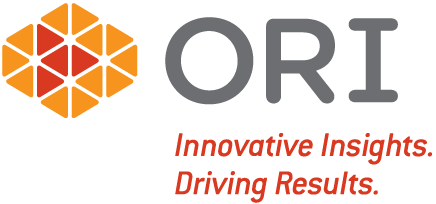Avoiding the Perils of Collecting Too Much Data
Is Data Collection Overload Dooming Your Surveys?
It’s common in market research for clients to want to ask as many questions as possible when conducting surveys. This is completely understandable. Surveys are, for many organizations, a substantial investment, and they want to maximize their return by gathering as much information as they can. Many organizations also believe that their customers and members will willingly answer anything that’s asked of them due to their loyalty to the organization.
But there are hazards caused by data collection overload.
First and foremost is respondent fatigue. Simply put, people just get tired of answering questions on surveys. This leads to one of two things: degradation in the quality of answers (assuming the respondent completes the survey) or, worse, abandonment of the survey (dropping off partway through). Both can have significant negative impact on data quality.
Here’s the second problem with collecting too much data: it needs to be analyzed! This analytical overload can create myriad problems. First, it increases the amount of time needed to explore appropriately the data collected. Second, too much data significantly increases combinations and permutations of things that need to be analyzed—creating a new dimension of complexity. Analysts may find it difficult to differentiate what’s important from what’s interesting.
Unfortunately, and perhaps most important, there is a third negative dimension related to data collection overload: the adverse effect on reporting of results and internalization of survey findings within the organization. For decision makers working in fast-paced environments who need speedy and specific answers to key tactical questions, being presented with a large and very complex multi-dimensional survey report makes it harder for them to draw the most salient points from the content. In effect, rather than clarifying the topic being analyzed, all you are doing is creating noise.
Here’s the bottom line on data volume: senior executives want clear answers. The more data you collect, the higher the risk of muddying those answers.
How can you avoid the too-much-data trap? When you are assessing your research topics, challenge and re-challenge every question you want to ask. This helps you refine the list of areas you are exploring down to a core set. The more focused your questions are, the easier it is to ensure you’ve met the goals of the research task. Most important, it’s easier to draw insights from the data and put them to work within the organization.
Being more targeted in your research makes it less costly to complete, allows you to implement it more quickly, and increases the utility for stakeholders upon completion. That means saving time and cost while increasing value—a triple win for the organization!












